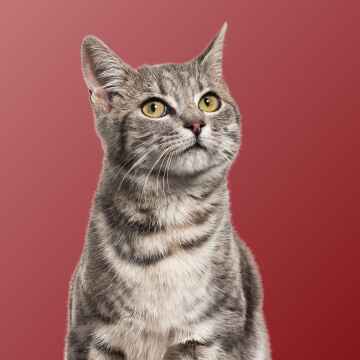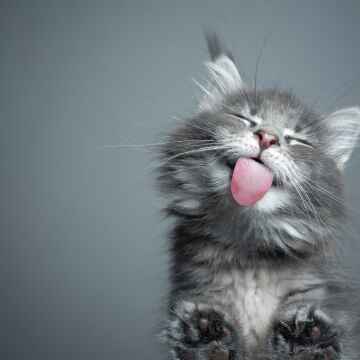Studies report that 50 to 90% of cats aged 4 or older live with dental disease. Your cat may be one of them. At All Cats Care Center, we’re committed to helping your kitty avoid the complications of dental conditions.
Common Feline Dental Concerns
Cats commonly suffer from gingivitis, tooth resorption, and periodontitis.
Gingivitis is a bacterial infection in the gums. It begins with plaque building up on your kitty’s teeth. If the plaque is removed every year during a dental cleaning, gingivitis probably won’t develop.
If the plaque accumulates, however, it can find its way into your cat’s gums. This causes inflammation, which opens the door for bacteria to enter your cat’s bloodstream and organs.
Periodontitis is what happens when gingivitis goes untreated. In this condition, the tissues that connect your cat’s teeth to the gum and bones begin to deteriorate. This results in loose teeth that eventually fall out.
Tooth resorption is a painful condition where your kitty develops lesions in her teeth. These lesions are a sign of significant tooth damage and will only get worse unless we extract the tooth.
These dental conditions can be incredibly painful for your kitty, but she isn’t likely to let you know until the pain is almost too much to bear. Cats are good at hiding their pain! That’s why it’s crucial to bring your kitty in for yearly wellness exams.



(585) 347-0092
729 Ridge Rd, , Webster, NY 14580
allcatscarecenter@gmail.com


